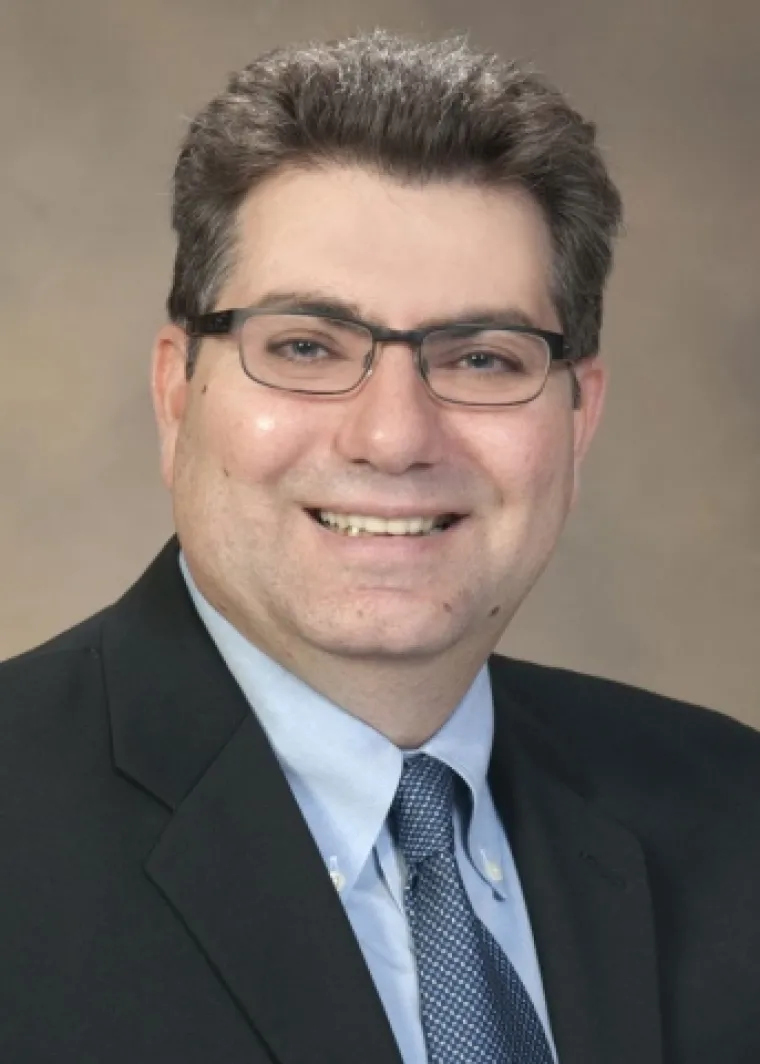Klearchos Papas, PhD
Klearchos Papas, PhD, has devoted his research career to the application of engineering principles and the development of enabling technologies in the fields of cell therapy and tissue engineering with a focus on the treatment of diabetes. He has studied and utilized the properties of insulin-secreting tissue and their relationship to viability and function in the context cell therapies for diabetes with the objective of improving cost-effectiveness, availability, and clinical outcomes of this approach.
Prior to joining the University of Arizona in 2011, Dr. Papas served on the faculty at the University of Minnesota (2003-2011), where he held leadership positions as associate director of the Islet Transplant Program, director of Islet Processing Research and Development and director of the Islet Quality Assurance Core in the Schulze Diabetes Institute. Prior to that he held joint research positions at the Massachusetts Institute of Technology in the Department of Chemical Engineering, the Juvenile Diabetes Research Foundation (JDRF) Center for Islet Transplantation at Harvard Medical School and the Howard Hughes Medical Institute at Yale University (1999-2003). Dr. Papas serves on the council if the Cell Transplant and Regenerative Medicine Society (Formerly Cell Transplantation Society). He also serves on the editorial Board of the journals: Cell Transplantation, Cell Medicine, Xenotransplantation and Cell R4.
Degrees
- PhD: Georgia Institute of Technology, Chemical Engineering, 1996
- MS: Georgia Institute of Technology, Chemical Engineering, 1992
- BE: Georgia Institute of Technology, Chemical Engineering, 1990
Dr. Papas has worked on the development and validation of equipment and assays (especially ones based on mitochondrial function such as oxygen consumption rate, OCR) for the real-time, objective assessment of islet (and other cell and tissue) quality prior to transplantation. He is also involved through NIH funding in research seeking improvement in organ preservation technology to extend the time window from procurement to transplantation and the use of organs from expanded-criteria donors without compromising clinical outcomes. A major focus of his current research, which is sponsored by the JDRF Encapsulation Consortium and the NIH NIDDK, is the successful clinical transplantation of islets or stem-cell derived β-cells to reverse diabetes without the need for immunosuppression.


